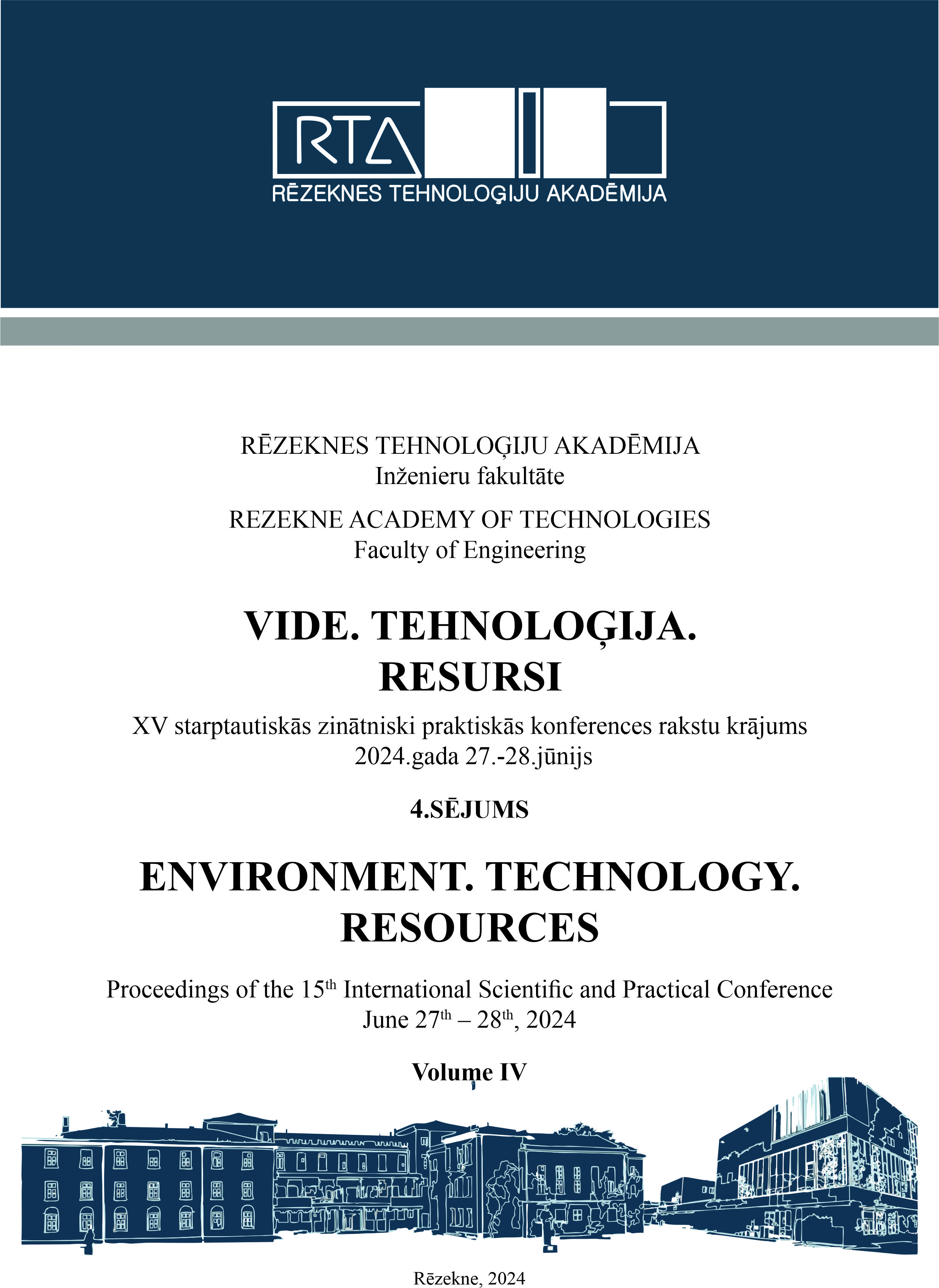EFFECTIVENESS OF ELECTRONIC GOVERNANCE IN CRISIS MANAGEMENT
DOI:
https://doi.org/10.17770/etr2024vol4.8226Keywords:
e-Governance, COVID-19, Crisis ManagementAbstract
The research focuses on the role of electronic governance (e-Governance) in crisis management, highlighting the COVID-19 pandemic. Through a literature review and case studies analysis from various countries, including data on Bulgaria, this article explores how technologies support effective crisis management and offers ways to optimize electronic solutions in future crisis management strategies. The research methods include a qualitative analysis of data from publicly available sources, government reports, academic articles, and statistical data to identify successful practices and challenges in implementing electronic governance across different sectors during crises. The results show that Bulgaria has made significant progress in adapting and adopting electronic governance in response to the pandemic, highlighting the importance of technology in maintaining administrative functionality during crisis periods. The specific example of Chile, along with the Bulgarian experience in managing the pandemic, demonstrates the potential of technological solutions. The conclusions emphasize the need for developing flexible, scalable, and secure technological solutions for electronic governance, focusing on improving digital skills and infrastructure. Electronic governance has been identified as a key tool for crisis management that should be integrated into strategic crisis management plans. Future efforts should be directed towards enhancing technological platforms and developing innovative solutions for the resilience and efficiency of societies in crisis conditions.References
D. Pavlova, “Government in the Clouds. E-Government, Cloud Technologies and Successful E-Government Models”, Sofia, Academic Publisher “Za bukvite O Pismeneh”, 2021, ISBN: 978-619-185-456-1 (print), ISBN 978-619-185-457-8 (e-book) (in Bulgarian in original) Available:
https://drive.google.com/file/d/11SxoUgOjbAlk5IpC8QbU7qYzRIk4wEV-/view [Accessed: Feb. 18, 2024].
Chile: Disaster Management Reference Handbook May 2017. [Online]. Available: https://reliefweb.int/report/chile/chile-disaster-management-reference-handbook-may-2017?gad_source=1&gclid=CjwKCAiA8sauBhB3EiwAruTRJsCo5Pg936z6icXYp37ZTsZQRlfnNl7vLL0n31CzMV_rYx_sc-K5kRoCW0wQAvD_BwE. [Accessed Feb. 18, 2024].
A, Vodopyanov, Z, Dzhusupova and C. Flipov, “e-Government in Bulgaria: The Journey to 2020 and the Future Ahead (English)”. Washington, D.C.: World Bank Group. [Online]. Available: https://documents1.worldbank.org/curated/en/650881631189254371/pdf/e-Government-in-Bulgaria-The-Journey-to-2020-and-the-Future-Ahead.pdf [Accessed Feb. 18, 2024].
Department of Economic and Social Affairs, “United Nations e-Government Survey 2020”. Digital Government in the Decade of Action for Sustainable Development. United Nations. New York. 2020. [Online]. Available:
[Accessed: Feb. 18, 2024].
Department of Economic and Social Affairs, “United Nations e-Government Survey 2022”. The Future of Digital Government. United Nations. New York. 2022. [Online]. Available: https://desapublications.un.org/sites/default/files/publications/2022-09/Web%20version%20E-Government%202022.pdf [Accessed: Feb. 18, 2024].
A Single, Model for Application, Payment and Receiving of Electronic Administrative Services. “Statistics of the provision of electronic administrative services through the Unified Model” [Online]. Available:
https://unifiedmodel.egov.bg/wps/portal/unified-model/unified-model/statistics/statistics/ [Accessed: March. 14, 2024].
D. Kolev and T. Krumova, “Distant learning: an opportunity for the development of education or a prerequisite for deepening educational inequalities”. 2020. [Online]. Available: http://www.amalipe.com/index.php?nav=news&id=3690&lang=2 [Accessed: Feb. 18, 2024].
UN DESA, COVID-19 & Digital Government Compendium (2020), United Nations E-Government Survey 2020 - COVID-19 Questionnaire (Responses). 2020. [Online]. Available at https://bit.ly/EGOV_COVID19_APPS [Accessed: Feb. 18, 2024].
Downloads
Published
Issue
Section
License
Copyright (c) 2024 Irena Peteva, Ivanka Pavlova, Daniela Pavlova

This work is licensed under a Creative Commons Attribution 4.0 International License.



